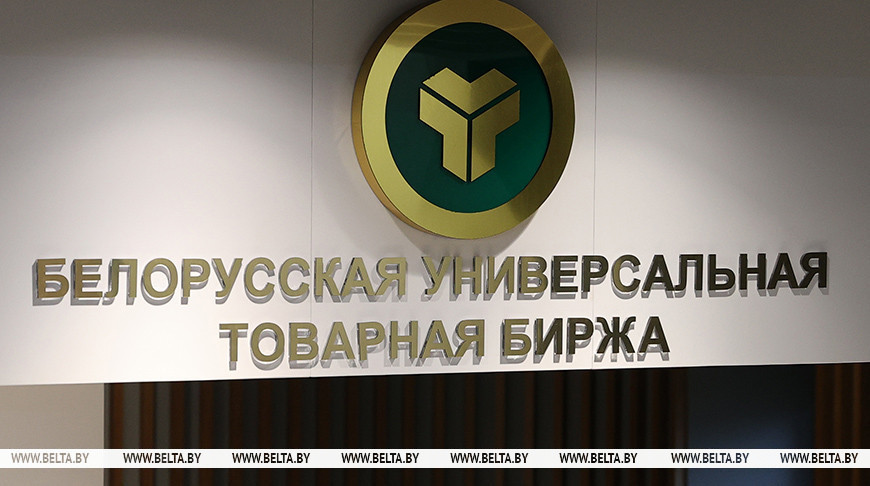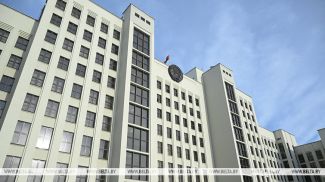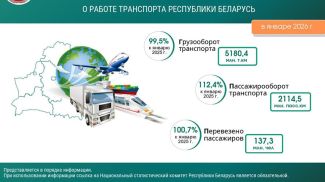
MINSK, 19 March (BelTA) – Trade in industrial and consumer goods at the Belarusian Universal Commodity Exchange (BUCE) involving Russian companies rose by 40%, BUCE spokesman Roman Yaniv told BelTA.
"In January-February 2024, the transactions made by residents of the Russian Federation on the BUCE industrial and consumer goods section amounted to Br16.4 million, which was up by 40% year-on-year. Import-substituting products accounted for 36% of exchange contracts concluded by Russians, and the most popular commodity items this year included drilling equipment, components for construction equipment, lighting fixtures and carded yarn. BUCE voiced the data during a meeting with the business community of Russia's Irkutsk Oblast as part of the official visit of the delegation of this region to the Republic of Belarus," the press service noted.
As a result of the negotiations Irkutsk manufacturers of hydraulic equipment, footwear, textiles and food products have agreed to place bids in the BUCE trading system. It is planned that the exchange platform will be used both for the supply of goods to the Belarusian market and for transit trade with the regions of the Russian Federation and third countries.
"Companies from Irkutsk Oblast have been participating in exchange trading since 2023, but so far it has been mainly about the import of Belarusian timber. In addition, transit transactions are concluded with residents of Russia. The most recent example is the purchase of a batch of acrylic paint in Moscow Oblast. This year we intend to intensify interaction with export-oriented enterprises of the region to organize sales of their products through the exchange platform. Priority attention is paid to import-substituting positions due to their high liquidity and stable demand from Belarusian trading participants," the press service said.
According to BUCE, in January-February 2024, BUCE’s industrial and consumer goods section reported the trade turnover of Br151.8 million, which was up by 1.6 times year-on-year. More than 60% of all transactions were made in import-substituting products.













